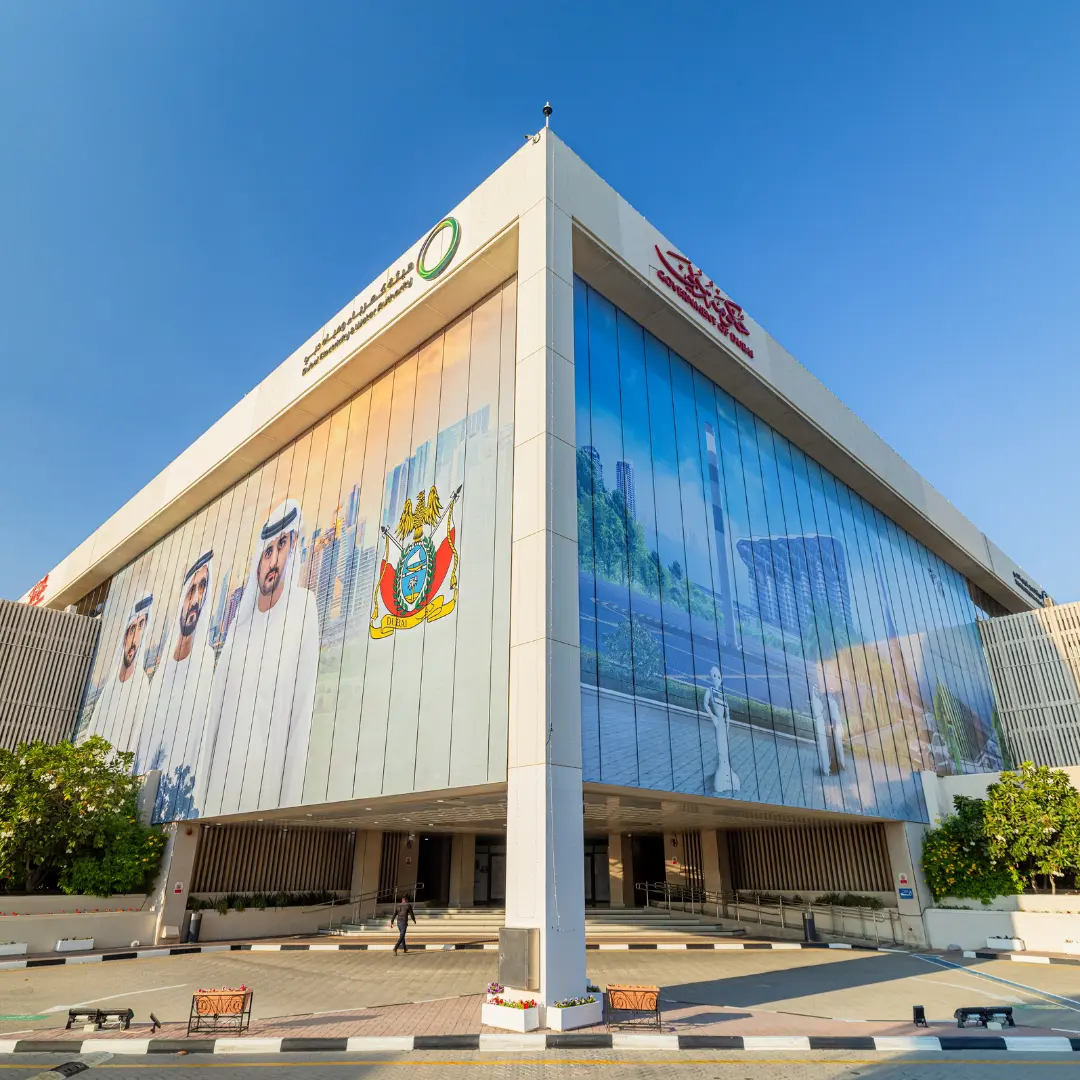In a remarkable technological leap, the Dubai Electricity and Water Authority (DEWA) has announced the successful installation of 100% smart water meters across the city. By June 2024, over one million smart meters were deployed, marking a significant milestone in Dubai’s journey towards smart infrastructure and sustainable resource management. This initiative, which meets international technical standards, aims to address the increasing water service demands of the rapidly growing metropolis.
The deployment of smart water meters is a testament to DEWA’s commitment to innovation and sustainability. These advanced meters are designed to provide accurate, real-time data on water usage, enabling both the authority and consumers to monitor consumption patterns more efficiently. The move to smart meters is part of a broader strategy to enhance water management, reduce wastage, and promote sustainable practices among Dubai’s residents and businesses.
One of the most significant benefits of smart water meters is their ability to detect leaks and anomalies in the water supply system promptly. Traditional meters often fail to identify minor leaks, leading to significant water loss over time. Smart meters, however, can instantly notify consumers and DEWA about irregularities, allowing for swift corrective action. This not only conserves water but also helps in reducing unnecessary costs for consumers.
Moreover, smart meters empower consumers with greater control over their water usage. Through an integrated online platform, residents can track their consumption in real-time, set usage alerts, and receive detailed reports. This transparency encourages more responsible water use and can lead to substantial savings on utility bills. For businesses, particularly those with high water demands, the ability to monitor and optimize water usage can significantly impact their operational efficiency and sustainability goals.
The implementation of over one million smart water meters also reflects Dubai’s adherence to international technical standards. This ensures the reliability, accuracy, and durability of the meters, reinforcing DEWA’s reputation for delivering high-quality services. The compliance with global standards also positions Dubai as a leader in smart city initiatives, showcasing its ability to integrate advanced technologies into everyday infrastructure effectively.
Addressing the increasing water service demands in Dubai is crucial, given the city’s rapid growth and development. The smart meter initiative is a proactive measure to ensure that the water supply system can keep pace with this growth. By optimizing water distribution and usage, DEWA is enhancing the resilience and efficiency of the city’s water infrastructure. This forward-thinking approach is essential in a region where water scarcity is a pressing concern.
Furthermore, the success of the smart meter program is expected to pave the way for additional smart infrastructure projects. DEWA’s achievement sets a precedent for other utilities and municipalities in the region and beyond to follow suit. The lessons learned and the technologies developed through this initiative can be applied to other areas, such as electricity and gas metering, creating a fully integrated smart utility network.
In conclusion, DEWA’s accomplishment in achieving 100% smart water meter installation is a significant milestone in Dubai’s quest for sustainability and technological innovation. The deployment of over one million smart meters by June 2024 highlights the city’s commitment to efficient resource management and enhanced service delivery. As Dubai continues to grow and evolve, initiatives like these will be crucial in maintaining the balance between development and sustainability, ensuring a prosperous future for all its residents. The smart water meter program is not just a technological upgrade; it is a leap towards a smarter, more sustainable Dubai.









